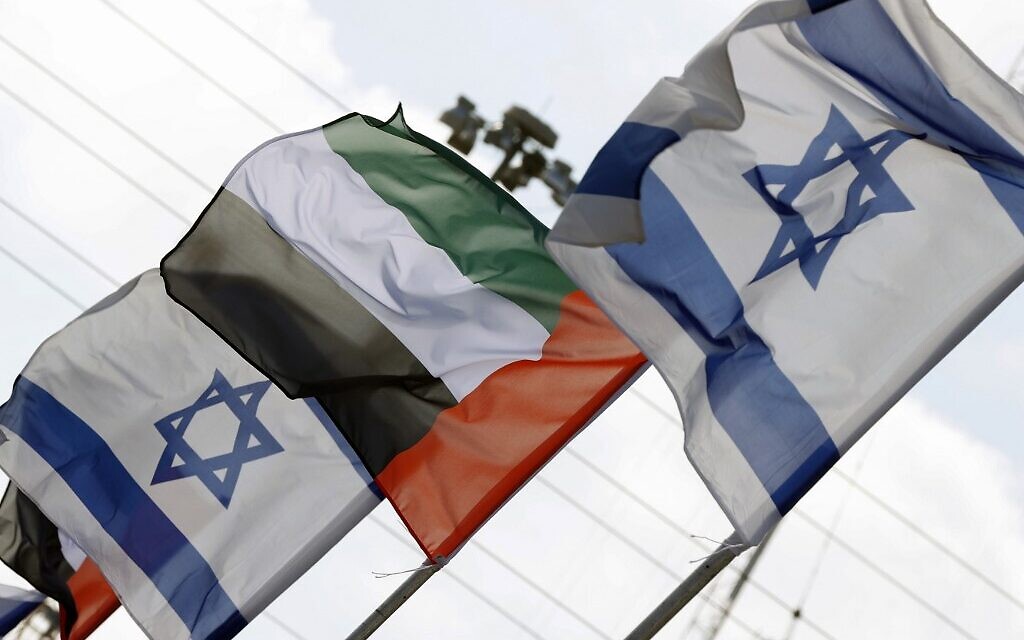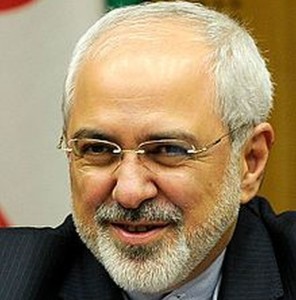Melanie Phillips: Support for Black Lives Matter repeats a lethal error of history
In the 20th century, thousands of progressively minded people supported Soviet communism. Believing this ideology was the key to a better world, they refused to acknowledge the horrific abuses under Stalin when millions were brainwashed, murdered or starved to death.Europe’s failed (and forgotten) Gaza monitors – opinion
Today’s progressives are behaving in similar fashion in response to another onslaught on civilized values, perpetrated in the name of an ideology with the same roots as Soviet communism. And just as in the last century, a dismaying number of its cheerleaders are Jews.
In both America and Britain, Jewish leaders and community groups overwhelmingly back Black Lives Matter. Since Jews have suffered from bigotry, discrimination and social alienation, they feel a duty to express solidarity with black people who they believe are experiencing similar difficulties.
But BLM, which took off after last May’s death of George Floyd under the knee of a police officer, is not about promoting fairness and tolerance.
It is instead a nihilistic, violent, revolutionary movement committed to defunding the police as an incorrigibly racist institution, closing the prisons, destroying the family and overthrowing white capitalist society. What’s more, many of its leaders are white.
There’s no doubt that black people experience bigotry, and that there are racist police officers.
But a significant number of police officers are themselves black; most people who are killed in police custody are white; and most black people who are murdered are killed by other black people.
Moreover, BLM’s denunciation of white society as racist is itself a racist act since it categorizes an entire ethnic group as bad. Yet progressive people have bought into this malign agenda.
The 15-year anniversary of Israel’s withdrawal from Gaza has been accompanied by a wave of painful personal and political memoirs, amid a difficult debate on the wisdom of Ariel Sharon’s sudden policy shift.EU spent €5m. promoting east Jerusalem as Palestine's capital in 2019
The latest round of “balloon terrorism” from Gaza that is torching the fields and trees of southern Israel, and the periodic rocket attacks, sending thousands of Israelis into shelters in the middle of the night, are reminders that the hoped-for quiet was an illusion.
Instead of using the withdrawal as an opportunity for economic development to lift the people of Gaza out of poverty, the Palestinian leaders have diverted international aid into cross-border attack tunnels and rocket brigades.
Largely forgotten in this historical reckoning is the European Union’s role in this process, and the failure of the EU to provide the guarantees they had pledged to fulfill in 2005.
After Israel’s withdrawal, the EUBAM (European Union Border Assistance Mission) was deployed at the Rafah crossing point between Gaza and Egypt. The mission consisted of some 60 police and customs officials “to help bring peace to the area,” ostensibly by monitoring traffic in order to deter smuggling of weapons into Gaza.
According to the agreement between Israel and the Palestinian Authority, EUBAM would monitor the performance of the PA in operating the crossing and had the authority to order the re-examination of persons and goods that passed through the crossing if PA examinations proved unsatisfactory.
The European Union spent close to €5.5million in 2019 on grants to NGOs dedicated to promoting Palestinian culture and preserving Palestinian identity in Jerusalem's Old City and surrounding areas, a report into EU spending in the region has revealed.
In late June, the Commission updated its financial transparency system, filing details of the grants handed to non-governmental organizations (NGOs) in 2019. Analysis of that data by NGO-Monitor has revealed that out of 42 grants issued for projects in Israel, the West Bank and Gaza, totaling €37.15 million in grant funds, seven of those, at a total value of €11.8 million were for projects focused on Jerusalem.
Among them was a grant of €1,184,538 handed jointly to PalVision, the Palestinian Academic Society for the Study of International Affairs (PASSIA) and ACT For Alternative Dispute Resolution And Studies "To contribute to preserving the Palestinian character and cultural heritage of east Jerusalem (EJ) by strengthening the Palestinian identity and enhancing the sense of belonging among Palestinians."
The objectives listed under the project are: "To protect Islamic and Christian Waqf religious and cultural heritage properties against Israeli violations and threats" and "To enhance Palestinians ability to identify and value their cultural heritage and have a good understanding of what can be done to protect their cultural heritage.”
Similarly, €2,086,757 was handed jointly to the Society of St. Yves; Jerusalem Legal Aid and Human Rights Center (JLAC); Land Research Center (LRC); Women's Centre for Legal Aid and Counseling (WCLAC); and Civic Coalition for Palestinian Rights in Jerusalem (CCPRJ) with the overall objective of supporting "the marginalized Palestinian communities of east Jerusalem, increase their resilience, prevent forcible transfer and reinforce the Palestinian identity of east Jerusalem."






 Tehran, August 21 - Diplomacy and politics are all about compromise. Both arts require flexibility, creative thinking, and efforts to craft win-win situations in which all parties to the issue can walk away with a compelling argument that they gain from the outcome. Iran therefore proposes the following: the Islamic Republic will depart from its long-held position that Israel has no right to exist, and will grant full recognition of the Jewish State, and in return, that Jewish State will concede to our eliminating it by violent means.
Tehran, August 21 - Diplomacy and politics are all about compromise. Both arts require flexibility, creative thinking, and efforts to craft win-win situations in which all parties to the issue can walk away with a compelling argument that they gain from the outcome. Iran therefore proposes the following: the Islamic Republic will depart from its long-held position that Israel has no right to exist, and will grant full recognition of the Jewish State, and in return, that Jewish State will concede to our eliminating it by violent means.























